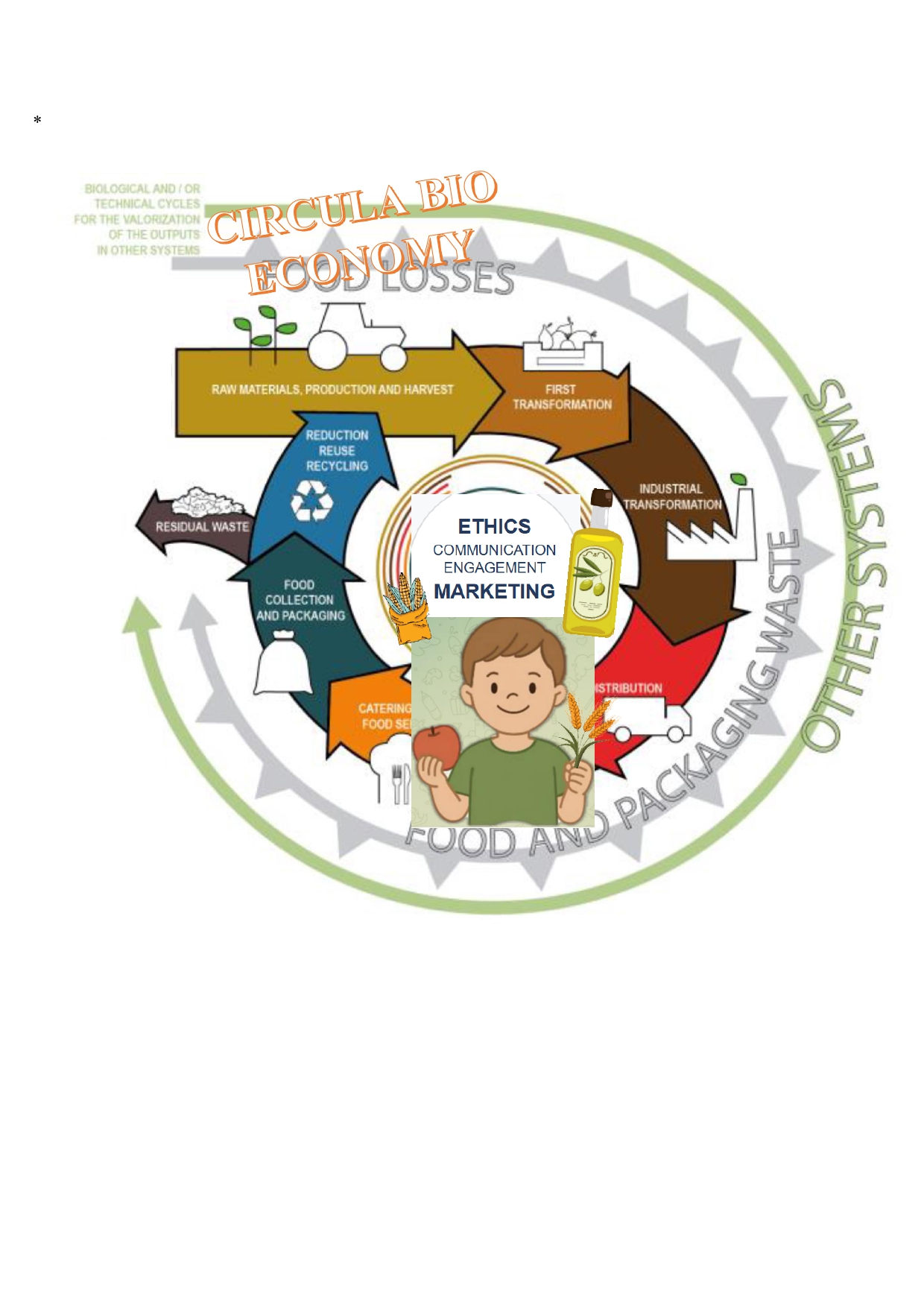
Stakeholder Engagement, Marketing and Communication Skills
About the course
Target group
Learners interested in applying circular economy practices
Key words
Course introduction
The course prioritizes building and managing partnerships to achieve long-term goals based on the real practical cases. It highlights community engagement, fostering mutual benefits, intrinsic motivation, and leveraging collaboration to address environmental and social challenges effectively.
The course covers two key modules and reveals the problems of consumer demand in circular economy and examples of practical cases in the sphere of wine, cereal and oil production. The course is devoted to the issues of: marketing strategies for ethical consumption; sustainability and consumer alignment building trust and loyalty; building and managing partnership for sustainable growth; community engagement in the aspect of raising awareness on environmental and social impacts; engaging customers in the circle economy especially turning passive consumers into active participants; youth engagement and innovating through the power of younger generations; informing consumers through effective communication in ethical marketing; leveraging communication to influence consumer behaviors for sustainability.
During the modules students discover methods to transform passive consumers into active contributors within circular systems; leverage the creativity and influence of younger generations to promote sustainability; master clear and impactful messaging to inform and educate consumers about sustainable choices; learn to use communication strategies to drive sustainable behaviors and habits among diverse audiences.
Details to know

Downloadable certificate
Share your certificate on Linkedin

Assessment
8 Quizzes
Learning outcomes
- Equip participants with marketing strategies that align with ethical consumption and sustainability principles
- Build skills to engage various stakeholders, including consumers, communities, and younger generations, in the circular economy
- Foster trust and collaboration through effective partnership management
- Strengthen communication abilities to influence behavior and promote sustainable practices
- Act as change agents, driving both economic and environmental progress through ethical marketing and communication practices.
More detailed Learning Outcomes can be found in module introductions.
Stakeholder Engagement Skills: Aspect of Marketing
Lessons
Introduction 1. Consumer Demand in Circular Economy: Marketing Strategies for Ethical Consumption 2. Sustainability and Customer Alignment – Building Trust and Loyalty 3. Building and Managing Partnership for Sustainable Growth 4. Community Engagement: Raising Awareness on Environmental and Social Impacts ReferencesStakeholder Engagement Skills: Aspect of Communication
Lessons
Introduction 1. Engaging Customers in the Circle Economy: Turning Passive Consumers into Active Participants 2. Youth Engagement: Innovating Through the Power of Younger Generations 3. Informing Сonsumers: Effective Communication in Ethical Marketing 4. Leveraging Communication to Influence Consumer Behaviors for Sustainability References Course Evaluation
Project nr. 101110547.

Co-funded by the European Union. Views and opinions expressed are however those of the author(s) only and do not necessarily reflect those of the European Union or EACEA. Neither the European Union nor the granting authority can be held responsible for them.

